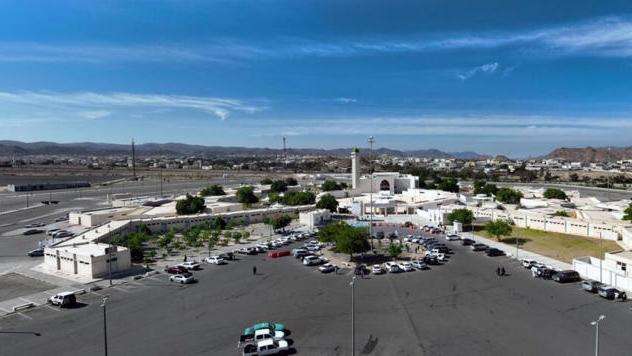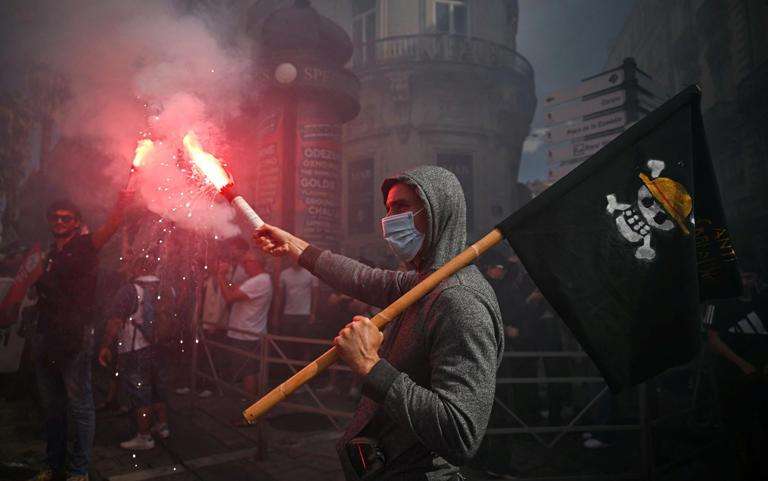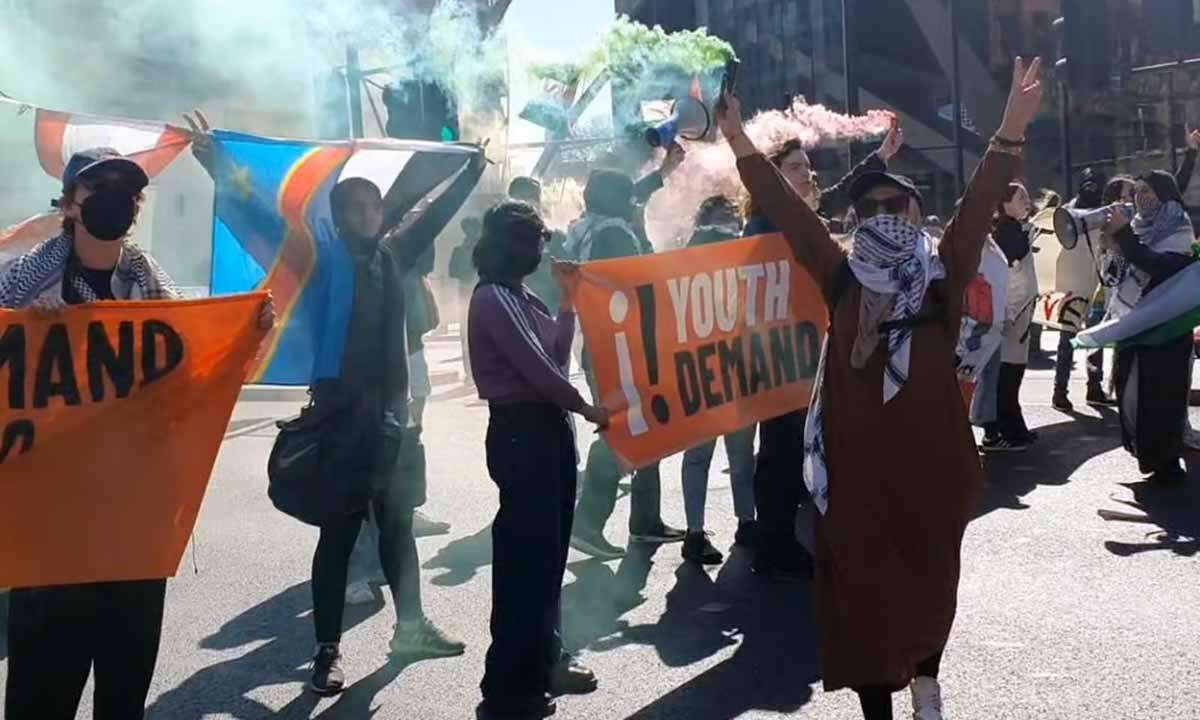Plans are underway to establish a new national police agency to lead the fight against terrorism and serious organised crime, marking what could be the most significant transformation of UK policing since the 1960s.
Under the proposed overhaul, counter-terrorism policing units would be separated from local police forces and integrated into a newly formed national force covering at least England and Wales. This new force would operate from a central national policing hub.
Currently, counter-terrorism policing (CTP) is based within London’s Metropolitan Police, with leadership appointed by the Met commissioner. However, these proposed changes are part of preparations for an upcoming Home Office white paper that is expected to outline major reforms to the police structure later this year.
The move comes amid growing concern that the current system—comprising 45 individual local forces—struggles to effectively respond to crime that increasingly transcends regional and national boundaries.
Supporters of the reforms argue that a national force could enhance recruitment and staffing stability in counter-terrorism units, ultimately improving their capacity to combat violent extremism and state-backed espionage.
The proposed reforms are being crafted by a joint reform team, which includes the National Police Chiefs’ Council (NPCC), senior civil servants, His Majesty’s Inspectorate of Constabulary, the College of Policing, and elected police and crime commissioners.
Multiple structural options are under consideration, including a new national force that combines responsibilities for terrorism and organised crime—potentially giving the UK a law enforcement body with powers comparable to the FBI in the United States.
The Guardian has learned that the reform group is currently “modelling” this option. However, any substantial changes would require new legislation and the support of the government.
Alternative ideas include establishing CTP as an entirely independent force or maintaining the current structure. The existing arrangement, where the Met Police retains central control over key counter-terrorism functions, reflects historical precedence when London led national counter-terrorism efforts.
The UK’s counter-terrorism network consists of 11 regional units, staffed primarily by officers and personnel seconded from other police forces. The network is overseen by Matt Jukes, the Met’s assistant commissioner for specialist operations. Notably, both the current Met commissioner, Sir Mark Rowley, and his predecessor, Dame Cressida Dick, previously led counter-terrorism before taking on the top policing role.
Supporters of reform argue that significant changes are needed for several key reasons.
Counter-terrorism policing (CTP) is facing major recruitment challenges, currently operating with around 900 fewer officers and staff than its intended 9,000-person capacity. One issue is that working for CTP means being officially employed by the Metropolitan Police, a force that has been marred by scandals and negative public perception, which deters potential applicants.
There’s also the misconception that joining CTP requires relocating to London, which has a much higher cost of living than other parts of the country. Additionally, officers seconded to CTP remain subject to recall by their original forces, a situation some argue weakens the continuity and effectiveness of counter-terrorism efforts.
In some cases, officers are discouraged—or outright blocked—from applying by their home forces, which are themselves struggling with shortages of experienced detectives. One source described the current arrangement as “a patchwork of forces stitched together like Frankenstein’s monster.”
Some argue that shifting counter-terrorism responsibilities away from the Metropolitan Police could allow its leadership to focus more fully on internal reform efforts.
Historically, Scotland Yard has been at the forefront of tackling politically or ideologically motivated violence. Its anti-terrorism branch led operations against the IRA, and a wider network of regional counter-terrorism units emerged as the threat of Islamist terrorism grew.
The proposed new structure could lead to the centralisation of various key functions, including counter-terrorism, serious organised crime, equipment procurement, and initiatives aimed at improving police efforts to protect women and girls from violence.
It would also allow for more centralised control over rapid deployment of officers during major incidents like riots. For instance, after last summer’s unrest, a December report from HM Inspectorate of Constabulary recommended creating a national coordinator role with the authority to direct police chiefs to provide riot-trained officers for nationwide emergencies.
A follow-up report is expected, and it is anticipated to be similarly critical. Some police insiders have privately admitted that local forces were too slow in releasing officers to support national riot responses.
A spokesperson for the National Police Chiefs’ Council (NPCC) acknowledged the high expectations for reform, stating: “We hope the creation of a national centre for policing marks the beginning of efforts to enhance policing capabilities, but it’s still too early to determine the final structure.”
However, centralisation comes with potential drawbacks. Local forces could lose autonomy over setting their own priorities, and there is concern it may invite increased interference from central government.
Veterans of Britain’s counter-terrorism leadership caution that one of the system’s greatest strengths is its close integration with local policing. Local officers, familiar with their communities, often gather crucial intelligence that supports specialised counter-terrorism units. Many also maintain that the current system is effective.
A Home Office source said: “We’re working collaboratively with police to improve efficiency, technology use, and capabilities at both local and national levels. We’re committed to doing what works.”


_7.jpg)

_8.jpg)



.svg)


